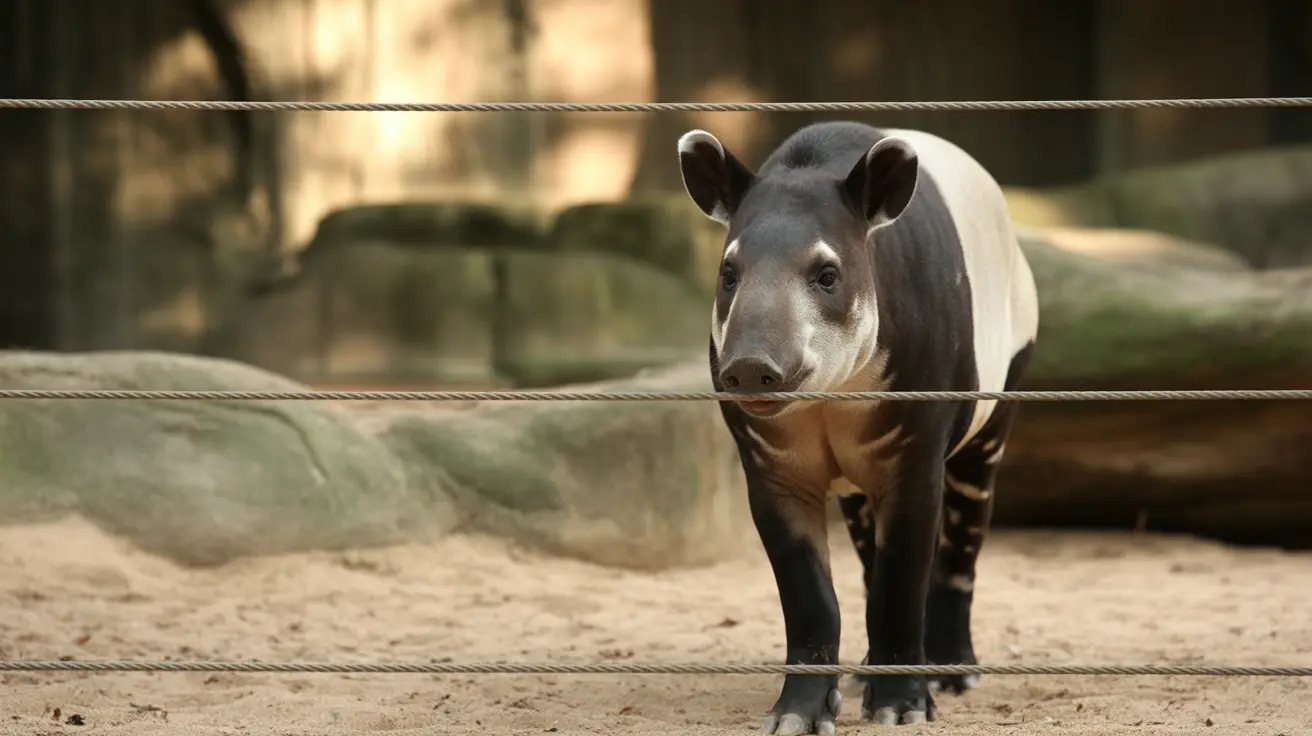Azaleas and Their Toxicity to Dogs
Azaleas, those vibrant flowering shrubs related to the Rhododendron family, might brighten up gardens but pose a real danger to dogs. Every part of the azalea—leaves, flowers, even pollen—contains a potent neurotoxin called grayanotoxin. This toxin disrupts sodium channels in cell membranes, which can affect skeletal and cardiac muscle as well as nerve function. The result? A wide range of symptoms that can escalate quickly in pets.
How Much Azalea Is Dangerous?
It doesn't take much for a dog to get sick from azaleas. Ingestion of as little as 0.2% of a dog's body weight in plant material can trigger poisoning. For perspective, a 30-pound dog could show symptoms after eating just half an ounce to one ounce of the plant. While the Rhododendron species is generally considered more toxic, all azalea species (including native North American varieties like Rhododendron occidentale, Rhododendron arborescens, and Rhododendron calendulaceum) are dangerous for pets.
Symptoms of Azalea Poisoning in Dogs
- Vomiting and diarrhea
- Hypersalivation (drooling)
- Loss of appetite and weakness
- Lethargy and abdominal pain
- Low blood pressure (hypotension)
- Abnormal heart rate or rhythm (arrhythmias)
- Tremors and seizures
- Temporary blindness or depression
- Rapid or shallow breathing; heart failure in severe cases
- Chewing the plant causes burning and irritation in the mouth
The onset of these symptoms usually happens within hours after ingestion. If left untreated, severe cases can lead to coma or even death.
Diagnosis and Veterinary Care
If you think your dog has eaten any part of an azalea, don't wait for symptoms—seek veterinary care right away. Diagnosis is often based on your report or identification of the plant. Vets may perform a physical exam, bloodwork, biochemistry profiles, and urinalysis to assess organ function.
Treatment depends on how recently your dog ate the plant. If it's soon after ingestion and no symptoms have developed yet, the vet might induce vomiting or give activated charcoal to absorb toxins. If more time has passed, gastric lavage under anesthesia may be necessary. Supportive care often includes intravenous fluids for hydration, corrections for electrolyte or sugar imbalances, respiratory support if needed, and medications to manage heart rhythm issues (like atropine for slow heart rate or lidocaine/procainamide for arrhythmias).
Recovery and Prognosis
Mild cases can resolve within 24 hours with prompt treatment. More severe or high-dose poisonings require longer care—sometimes with isolation from other animals or children while your pet recovers and ongoing monitoring of organ function. The good news: with quick intervention and proper veterinary support, most dogs recover well.
Other Toxic Garden Plants
Azaleas aren't alone on the list of garden hazards for dogs. Other common toxic plants include:
- Sago palm
- Aloe vera
- Ivy
- Daffodil
- Tulip
- Begonia
The symptoms from these plants range from mild stomach upset to life-threatening neurological issues or organ failure.
If Your Dog Eats Azalea: What To Do Next
- Contact your veterinarian immediately—don't try home remedies unless instructed by a professional.
- Avoid inducing vomiting at home without guidance; improper methods can make things worse.
The sooner you act, the better your dog's chances for a full recovery.





